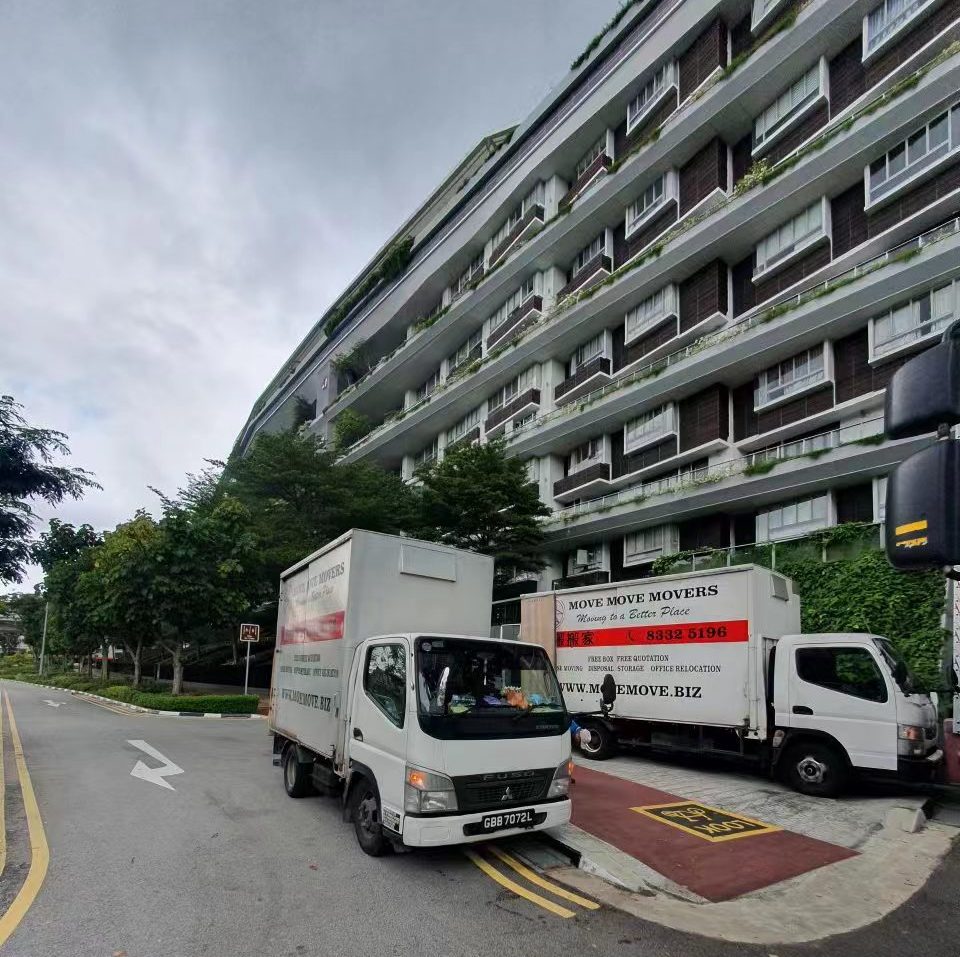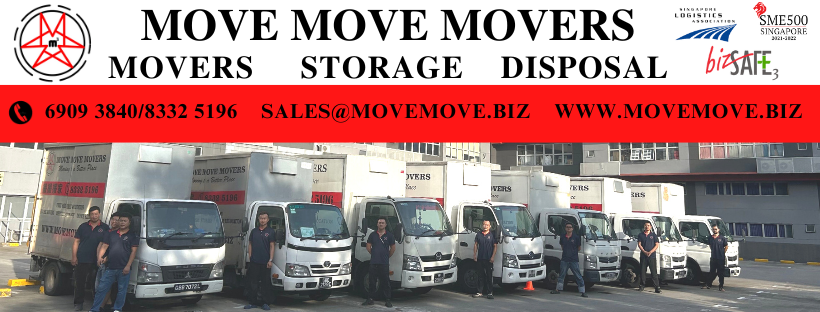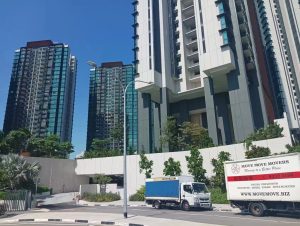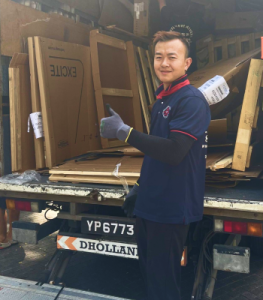The mutual visa exemption policy between Singapore and China has brought unprecedented development opportunities to the moving and warehousing service industry . Through precise market positioning, continuous optimization of service quality, strengthening of partner networks, and effective online marketing strategies, companies such as Move Move Movers can achieve significant growth and development in this change. As market demand continues to expand, companies must continue to innovate and adjust strategies to meet customer needs and achieve sustainable development.
The expansion of the market also brings challenges of intensified competition and increased operating costs. The company needs to ensure that it maintains its leading position in the highly competitive market through continuous market analysis, service innovation and cost control.
In summary, while the mutual visa exemption policy between Singapore and China has opened up numerous opportunities for growth and expansion, it has also brought challenges such as falling labor costs and increased internal competition. Businesses need to navigate this new landscape carefully, focusing on innovation, efficiency and differentiation to sustain and grow in a more competitive market.












